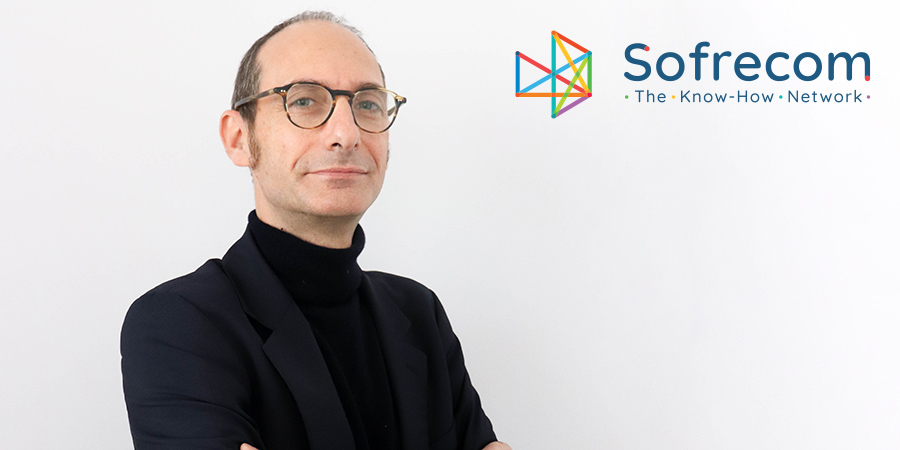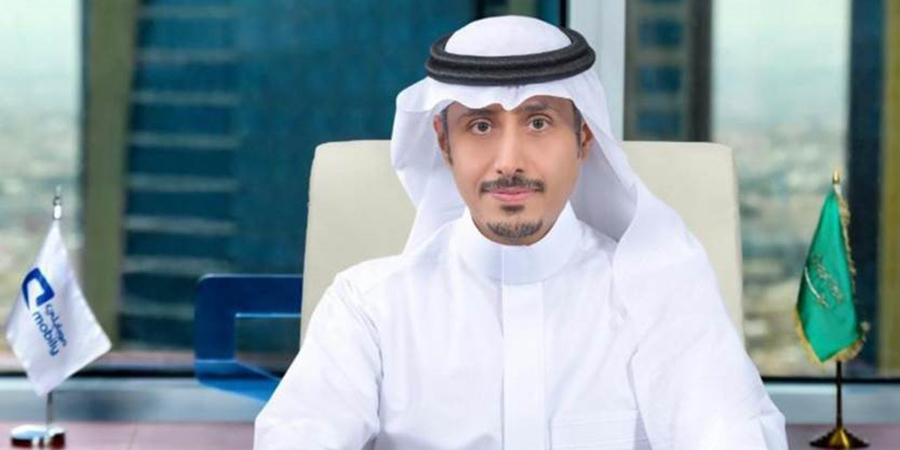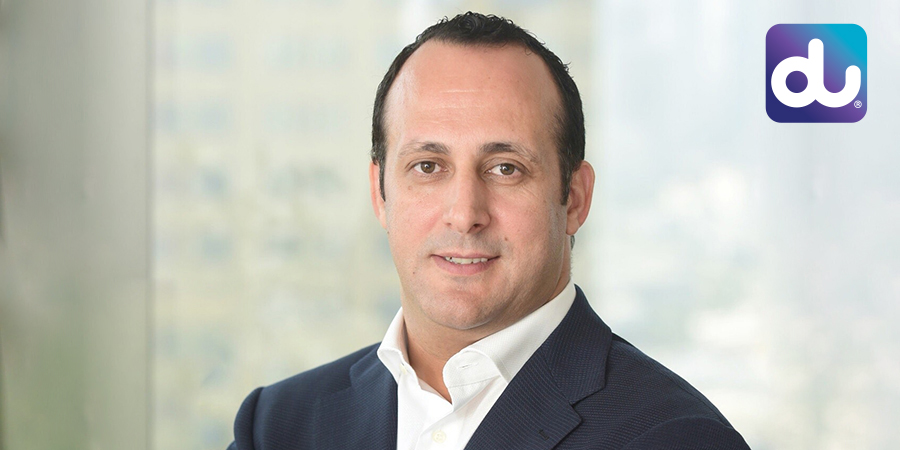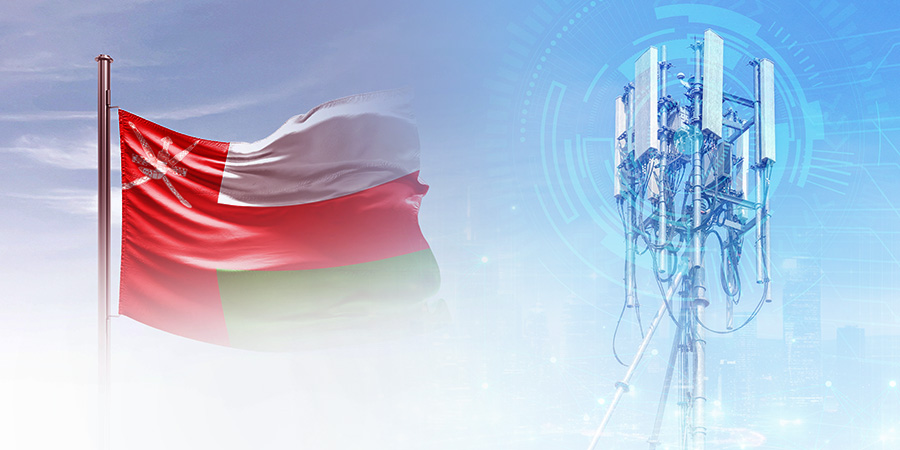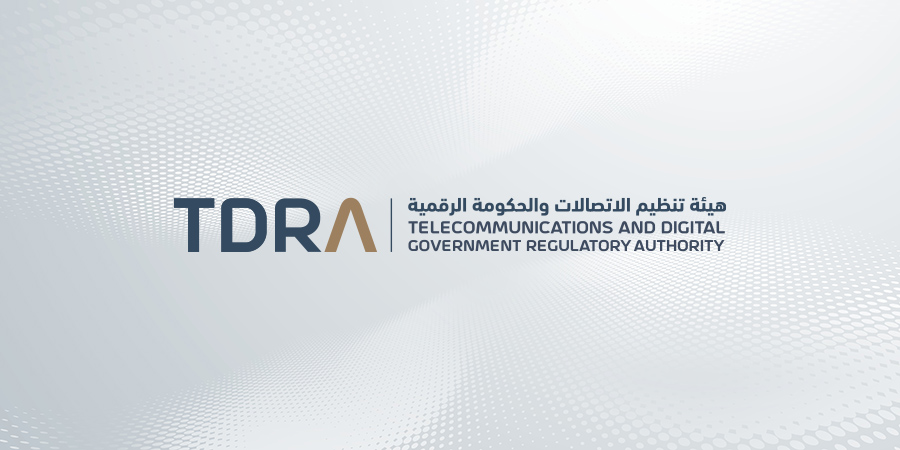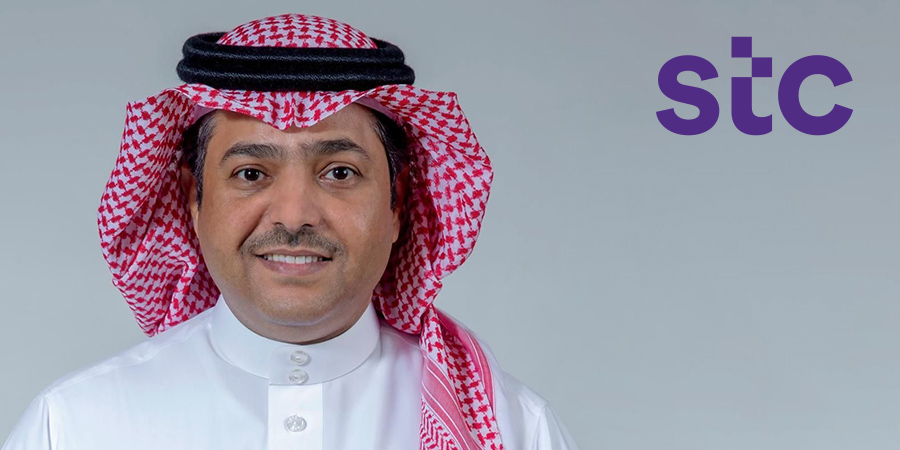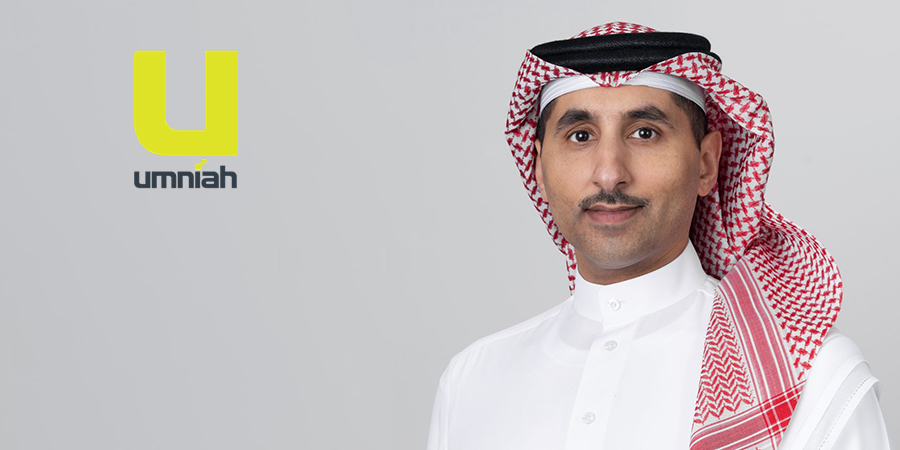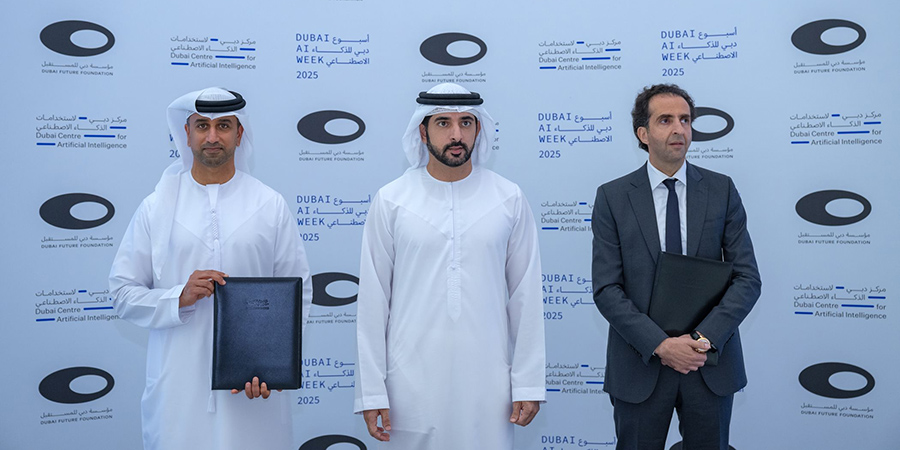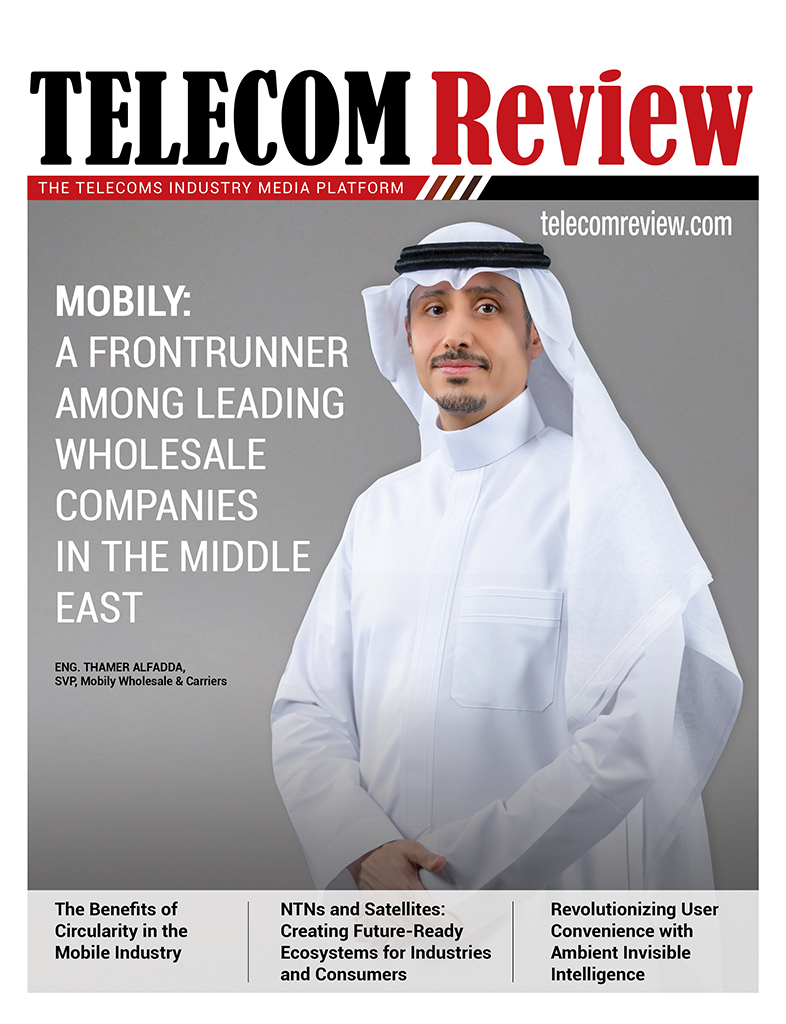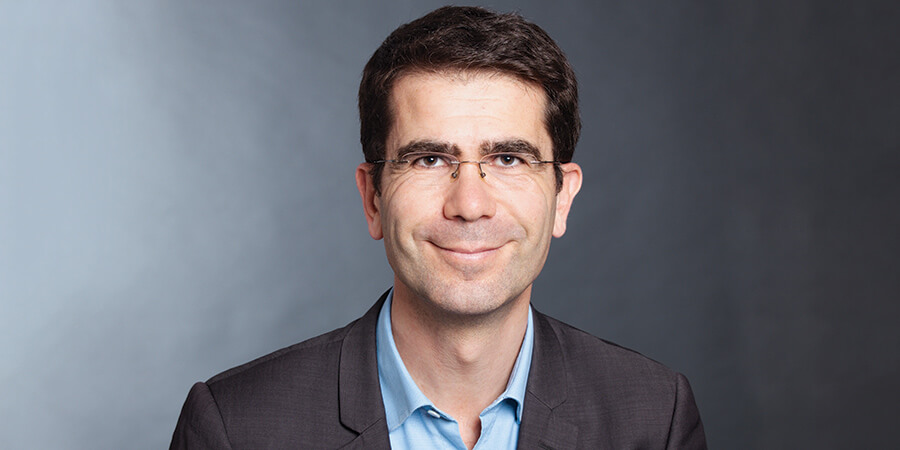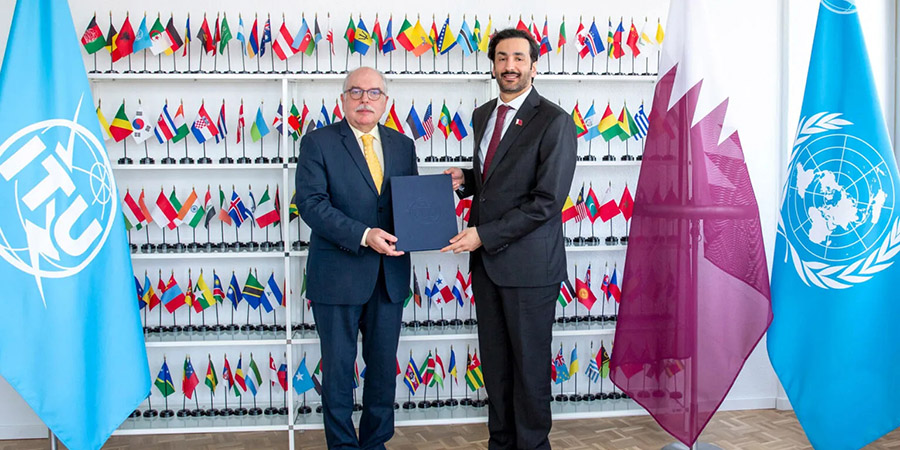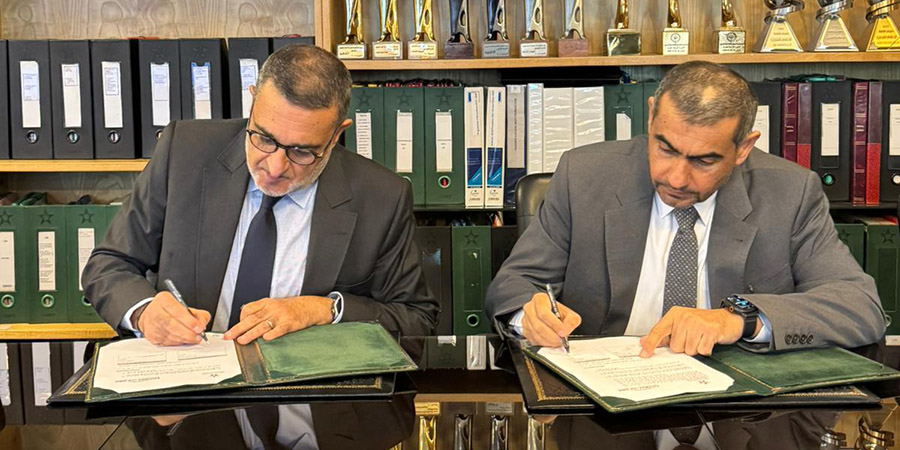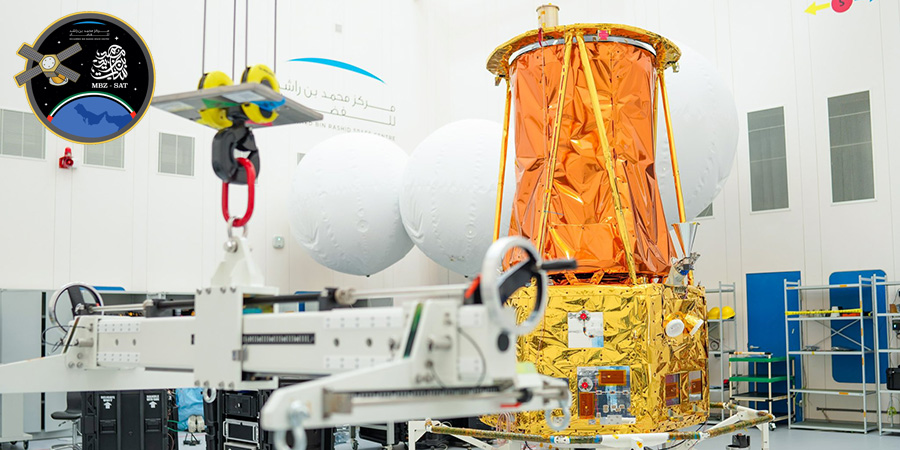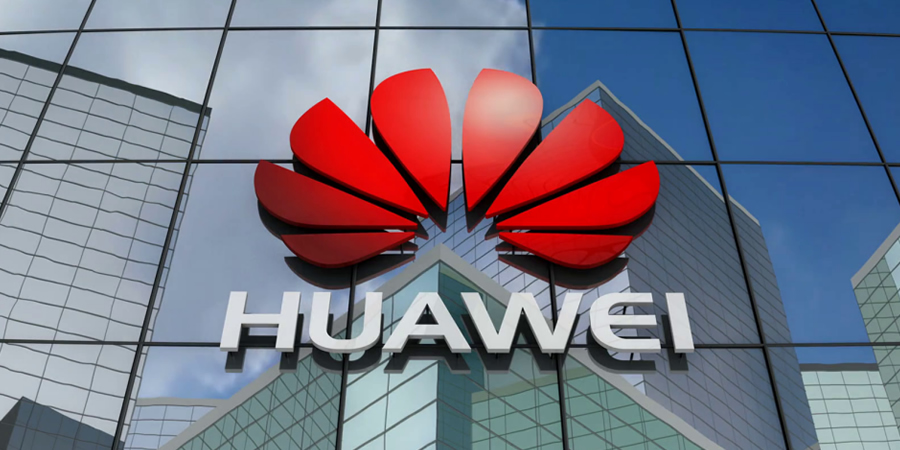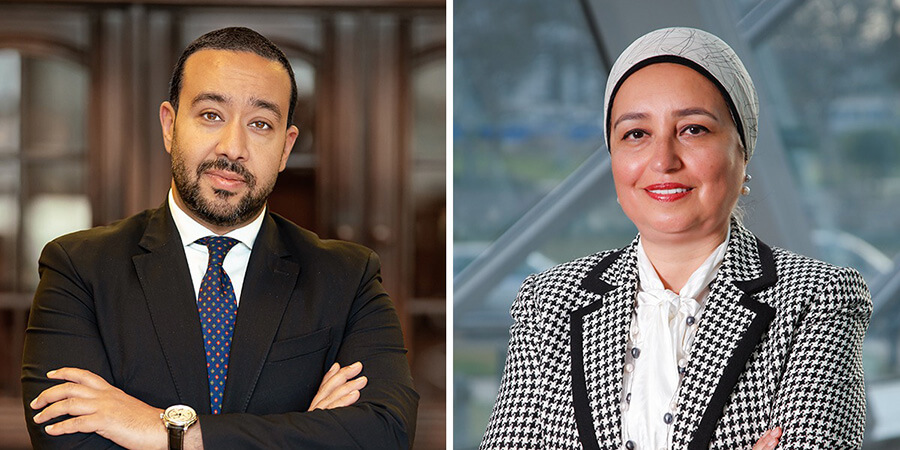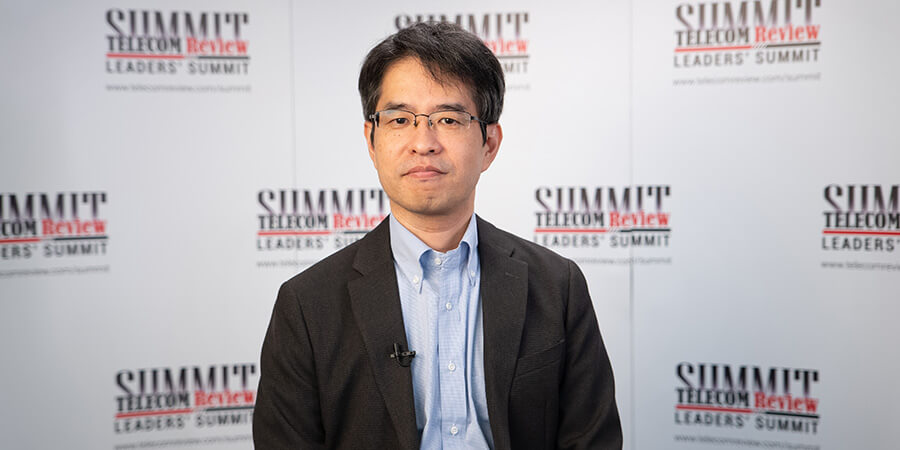Huawei CEO and founder Ren Zhengfei has acknowledged the company's sales are suffering due to the spread of the coronavirus. However, in an interview he said the company had resumed production in China and was spending heavily on R&D to ensure it maintains its technological lead.
Huawei is boosting its 2020 investment on research and development to $20 billion as it prepares for a significantly increased demand for network infrastructure and services.
With the coronavirus outbreak effectively bringing more than one-third of the world’s population to a standstill, Huawei is eyeing opportunities for growth once the pandemic ends. The spike in investment represents nearly a 41% increase from Huawei’s previous guidance for the year.
Ren declined to share how much COVID-19 will impact Huawei’s financial performance this year, but he claims relatively little production time was lost during China’s period of lockdown. He did, however, admit that the pandemic will likely take a toll on this year’s financial results and the company has lowered its targets as a result.
Despite the many challenges it’s facing, Huawei has sustained growth. The company beat its revenue projections for 2019 by 22%, ending the year with $122 billion in revenue. The company reported $107 billion in revenue in 2018.
“That simply proves the trust, the kind of trust that our customers place in Huawei — the kind of trust that has not been affected by the U.S. campaign against Huawei,” Ren said.
More than 90 per cent of its 150,000 domestic employees are back at work, with some of its operations resuming in early February after a government ruling allowed certain critical industries to restart despite a wider shutdown.
Ren insisted the outbreak hasn’t dented its efforts to develop its own technologies. The recent release of the P40 series confirms Huawei’s firm position in the market.







